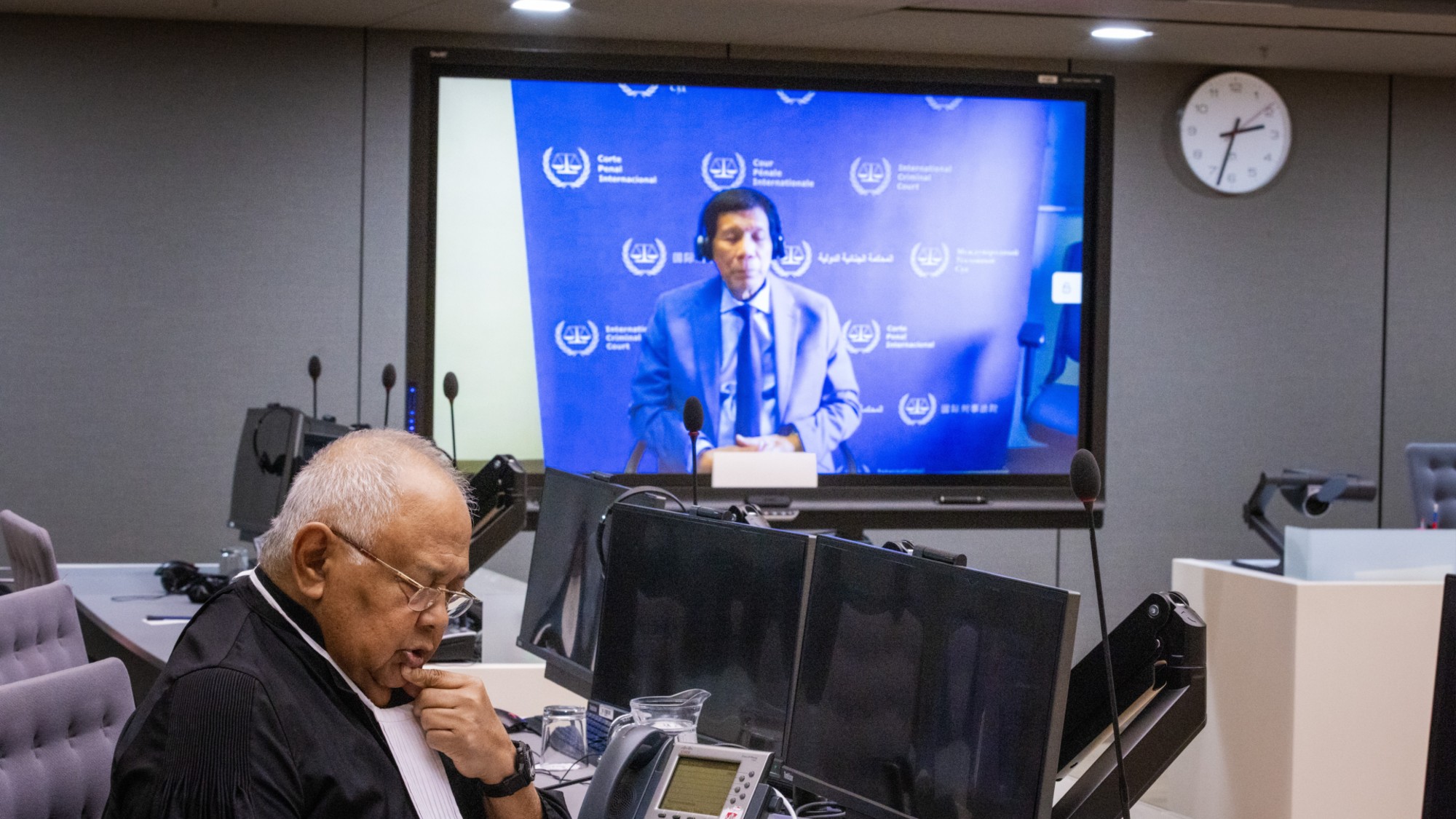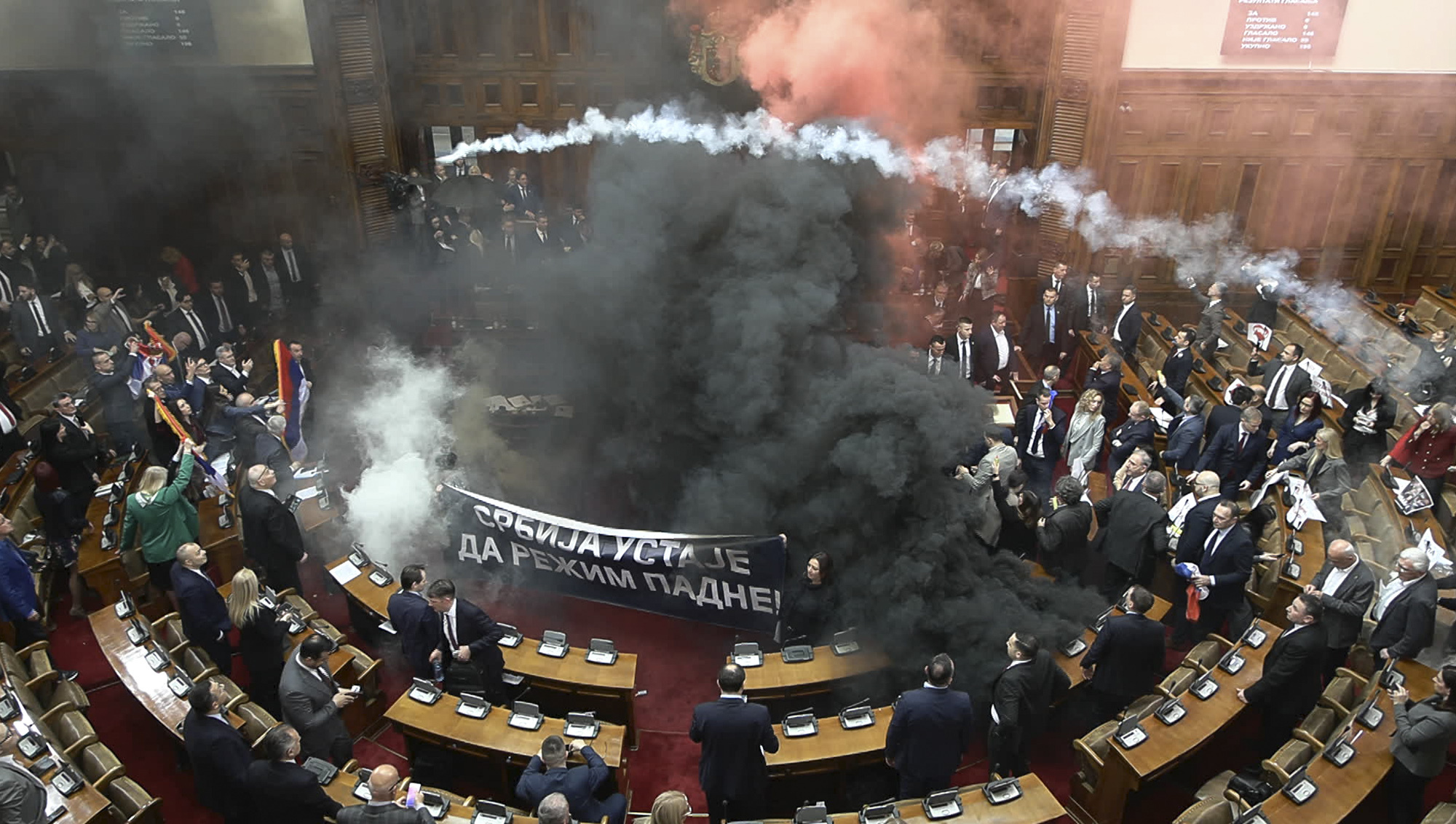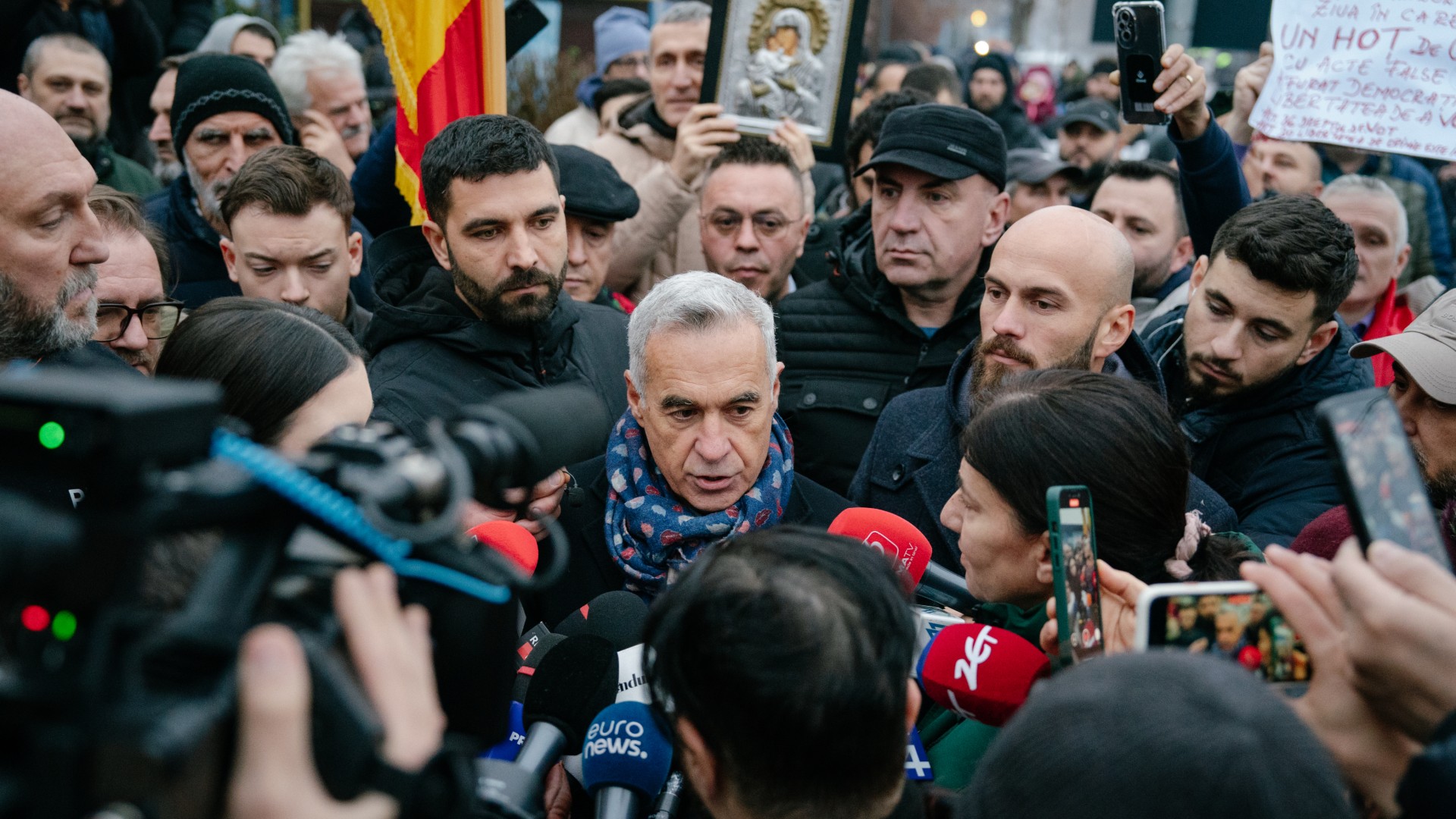Will the IMF ever come clean?
The global financial institution has yet to fully reckon with its failures in the Greek crisis

Greece is finally free. The country whose profligacy and fraudulent accounting first touched off the eurozone crisis in 2010 has reformed and been rewarded with a return to the fold of fiscally responsible nations. They've got a new deal with their creditors in the European Union and are finally able to relax some of the strictures of prior bailout agreements. They can stop focusing on what their lenders demand and start focusing on their own people's needs — like the devastating wildfires.
So why was the International Monetary Fund — which was a party to the first two of Greece's three bailouts — so eager last week to pour cold water not on the fires but on the country's economic prospects?
The IMF cited a variety of factors to justify their caution. Even after recent agreements, Greece's debt load remains extraordinarily high at 180 percent of GDP. The cost of servicing that debt is a function of prevailing interest rates, which are unknown — and the IMF's view is more cautious than the EU's. Unemployment is still very high, which is a drag on economic growth, and the Greek people are unlikely to embrace years of additional austerity, so fears of backsliding on government spending and labor market reforms are hardly unrealistic. And Greece's bank balance sheets are reasonable for a sustained recovery, less so for a recession. Most fundamentally, the risks are weighted to the downside — if growth or interest rates don't meet the EU's expectations, the trajectory for Greece's public debt goes south quickly.
Subscribe to The Week
Escape your echo chamber. Get the facts behind the news, plus analysis from multiple perspectives.

Sign up for The Week's Free Newsletters
From our morning news briefing to a weekly Good News Newsletter, get the best of The Week delivered directly to your inbox.
From our morning news briefing to a weekly Good News Newsletter, get the best of The Week delivered directly to your inbox.
But the deeper answer to the IMF's pessimism may lie in its own history with Greece. Put simply, the IMF botched the Greek crisis and has yet to fully reckon with that failure.
Two years ago, the IMF's Internal Evaluation Office issued an astonishing report about how the Greek bailouts came to be. With extraordinary candor, it described how the organization violated its own protocols, corrupted its independent analyses, and deceived its own board in order to hide the fact that the original bailout was not primarily intended to help Greece. Instead, it was clearly intended to help stabilize the European financial system and the political viability of the euro.
This choice had profound effects on what happened next. Had the bailout been about Greece, the IMF would have paid far more attention to the unsustainability of the country's total debt load, as well as to how the bailout was letting private lenders off the hook for their own poor investment decisions. But by following its normal procedures and demanding a steep devaluation of Greece's currency (which would require exiting the euro) and/or the restructuring of the country's sovereign debt, the IMF also might have endangered the solvency of the German banking system — with catastrophic consequences for the global economy. So the IMF did an end-run around its own procedures to effectively sacrifice Greece to save the world.
The IMF's official response to the IEO report rightly patted themselves on the back for avoiding a global economic catastrophe. But it soft-pedaled the other side of the question: the political consequences of its decisions. To wit: When the IMF bailed out Germany's banks by loading Greece up with new debt, it changed the fundamental dynamics of political negotiation within the eurozone. Greece — and other debtors like Portugal — lost whatever leverage they had vis-a-vis the European Central Bank and Berlin to force a fiscal solution to the crisis.
That fiscal solution would have been extraordinarily painful — and unpopular in the wealthier countries, as it would have been perceived as taxes on them to pay for Greece's profligacy and fraudulent accounting (which were both very real). But some version of it was necessary. Culpability for the Greek disaster lay not only with Greece but with its blithe lenders, and a proper workout should have required pain on all sides. Negotiating a sharing of the pain has proven very difficult since the bailout, fundamentally because Germany was told, implicitly by the terms of the bailout, that they have no real share of the blame.
Which brings us back to the present. Europe's and Greece's leaders have a shared interest in presenting the Greek bailouts as painful but ultimately successful. The Greek government is standing for re-election and needs to show that they've accomplished what they set out to do — restore Greek sovereignty. Brussels, meanwhile, is mindful of the risk that Italy's populist coalition could try to drive the hard bargain that eluded both Greece and Britain. So when they project optimism, there's reason to be skeptical.
And there's particular reason for the IMF to voice their skepticism upfront. The most egregious aspect of the IMF's behavior during the original bailouts wasn't the determination to make exceptions to their normal procedures during a time of possible global economic meltdown. The IMF was in a poor position to force a renegotiation of the terms of the European Union, and a crisis is a poor time for that renegotiation anyway. Had the IMF passed the buck back to Brussels, the buck would likely have fallen to the ground, unclaimed, and the world economy with it, because Europe was unprepared to pick it up.
But the IMF didn't need to hide or soft-pedal what it was doing. It could have told the world at the time, and loudly, that it was violating its own rules to make the bailout possible, and what the bailout was really for — to save Germany's banks and thereby the world financial system — and that if some fiscal or monetary relief for Greece was not forthcoming that Greece would suffer brutally. That, after all, is how they would have understood the situation if the crisis were in Argentina, or Thailand, or Turkey.
Such honesty would have been acutely embarrassing to Europe's leadership and ignited a much swifter popular rebuke. But if the IMF's job really is a technical one, then it has no business preserving the political viability of its EU partners in crime. The fact that at the time it acted as if that was its business is the real evidence of institutional corruption.
The IMF's skepticism about Greece's prospects is, in that sense, encouraging. But it would be more encouraging if it focused on the most basic structural reasons for skepticism: the problems with European institutions.
The IMF highlighted its concerns about Greece itself, but it did not similarly highlight the fact that Europe continues to be eager to sweep its structural problems — such as the lack of any mechanism for fiscal support, any democratic check on the domination of the ECB by financial interests — under the rug.
And the rug could still easily come apart at the seams.
Sign up for Today's Best Articles in your inbox
A free daily email with the biggest news stories of the day – and the best features from TheWeek.com
Noah Millman is a screenwriter and filmmaker, a political columnist and a critic. From 2012 through 2017 he was a senior editor and featured blogger at The American Conservative. His work has also appeared in The New York Times Book Review, Politico, USA Today, The New Republic, The Weekly Standard, Foreign Policy, Modern Age, First Things, and the Jewish Review of Books, among other publications. Noah lives in Brooklyn with his wife and son.
-
 What to know before lending money to family or friends
What to know before lending money to family or friendsthe explainer Ensure both your relationship and your finances remain intact
By Becca Stanek, The Week US
-
 A running list of Trump's second-term national security controversies
A running list of Trump's second-term national security controversiesIn Depth Several scandals surrounding national security have rocked the Trump administration
By Justin Klawans, The Week US
-
 The tobacco industry could be the beneficiary of health agency cuts
The tobacco industry could be the beneficiary of health agency cutsThe explainer Anti-tobacco initiatives could be up in smoke
By Devika Rao, The Week US
-
 Inside the Israel-Turkey geopolitical dance across Syria
Inside the Israel-Turkey geopolitical dance across SyriaTHE EXPLAINER As Syria struggles in the wake of the Assad regime's collapse, its neighbors are carefully coordinating to avoid potential military confrontations
By Rafi Schwartz, The Week US
-
 'Like a sound from hell': Serbia and sonic weapons
'Like a sound from hell': Serbia and sonic weaponsThe Explainer Half a million people sign petition alleging Serbian police used an illegal 'sound cannon' to disrupt anti-government protests
By Abby Wilson
-
 The arrest of the Philippines' former president leaves the country's drug war in disarray
The arrest of the Philippines' former president leaves the country's drug war in disarrayIn the Spotlight Rodrigo Duterte was arrested by the ICC earlier this month
By Justin Klawans, The Week US
-
 Ukrainian election: who could replace Zelenskyy?
Ukrainian election: who could replace Zelenskyy?The Explainer Donald Trump's 'dictator' jibe raises pressure on Ukraine to the polls while the country is under martial law
By Sorcha Bradley, The Week UK
-
 Why Serbian protesters set off smoke bombs in parliament
Why Serbian protesters set off smoke bombs in parliamentTHE EXPLAINER Ongoing anti-corruption protests erupted into full view this week as Serbian protesters threw the country's legislature into chaos
By Rafi Schwartz, The Week US
-
 Who is the Hat Man? 'Shadow people' and sleep paralysis
Who is the Hat Man? 'Shadow people' and sleep paralysisIn Depth 'Sleep demons' have plagued our dreams throughout the centuries, but the explanation could be medical
By The Week Staff
-
 Why Assad fell so fast
Why Assad fell so fastThe Explainer The newly liberated Syria is in an incredibly precarious position, but it's too soon to succumb to defeatist gloom
By The Week UK
-
 Romania's election rerun
Romania's election rerunThe Explainer Shock result of presidential election has been annulled following allegations of Russian interference
By Sorcha Bradley, The Week UK